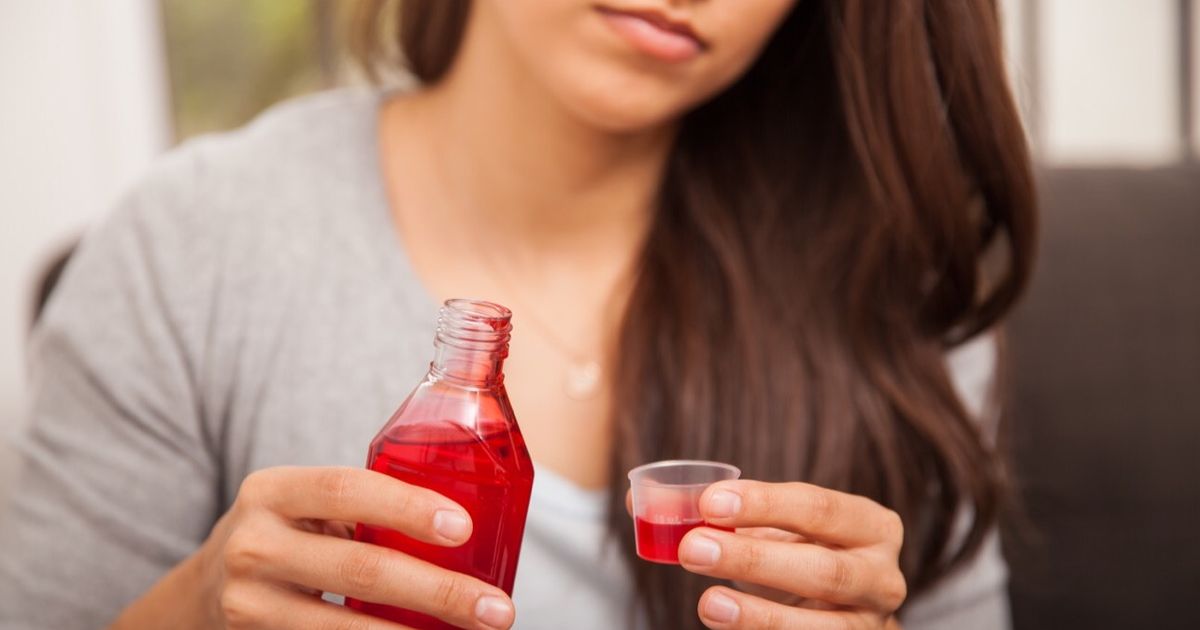Guide To Managing Radiation Enteritis
Changes In Diet
All individuals who develop radiation enteritis will usually have to make some changes to their diet. The first diet changes typically made include avoiding things that worsen symptoms. Dairy, alcohol, tobacco, caffeine, whole bran, dried fruits, high-fat foods, nuts, seeds, popcorn, raw vegetables, baked goods, potato chips, pretzels, and strong spices can all exacerbate symptoms of radiation enteritis. Foods generally better for individuals affected by radiation enteritis include poultry, fish, broiled or roasted meat, mildly cooked vegetables, baked potatoes, smooth peanut butter, apple juice, grape juice, eggs, applesauce, and bananas.
Aside from changes in what a patient eats, there are also other changes associated with diet that may help with symptoms. These changes include eating small meals on a more frequent basis, eating food at room temperature, and drinking at least twelve glasses of fluids every day. Generally, individuals with radiation enteritis can avoid problems by consuming a low-fiber diet.
Course Of Antibiotics

Treatment for radiation enteritis patients may include one or more courses of antibiotics to help control bacteria overgrowth in their small intestine. Healthy individuals will not usually experience a bacterial overgrowth of the bacteria that naturally occurs in the gut because a thick layer of protective mucus acts as a barrier in the digestive tract. Radiation therapy causes damage to this protective mucosal barrier in the intestinal wall, leaving it vulnerable to bacterial invasion. This compromise in the intestinal wall allows for naturally occurring gut bacteria to reach deeper tissues.
Once this bacteria reaches tissues underneath the layer of mucus, they begin to grow out of control. This overgrowth results in bloating, stomach pain, constipation, nausea, weight loss, malnutrition, and diarrhea. Prescription antibiotics are generally used to treat this bacterial overgrowth. Antibiotics are potent medications that target and kill off the colony of problematic bacteria. Nutritional supplements are also often needed with the antibiotics to replenish any nutrients lost as a result of the bacterial overgrowth.
